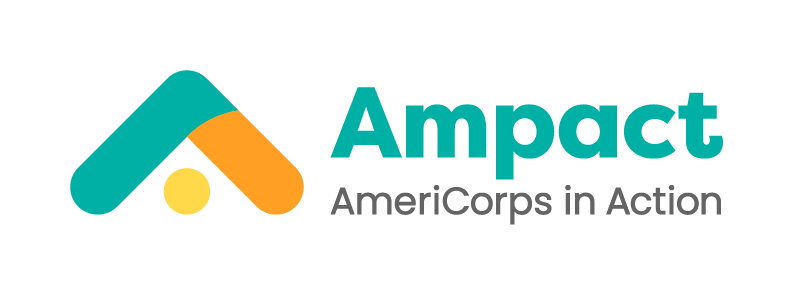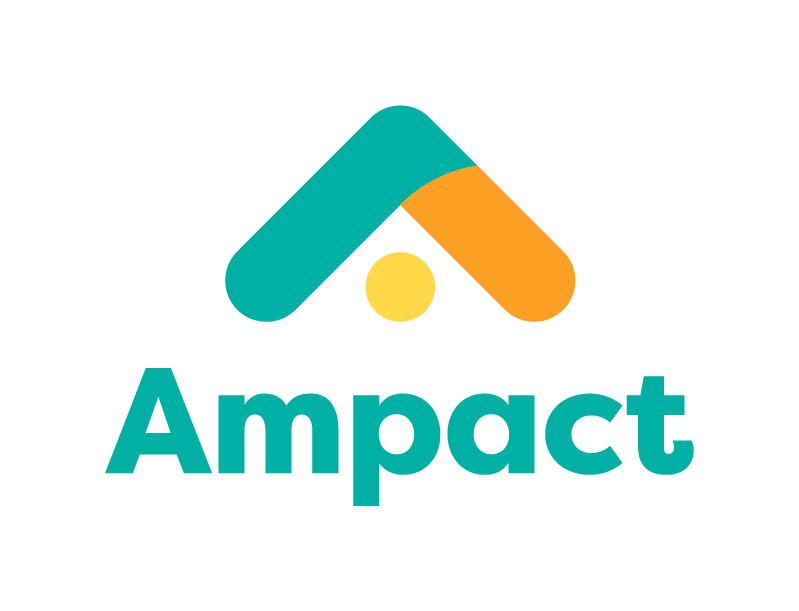Research Confirms the Power of Recovery Corps’ Techniques
The journey to recovery is a lifelong process that’s much easier to navigate when you’re not alone. AmeriCorps recently evaluated recovery coaching programs, looking for the aspects of coaching that proved to be the most effective. The results showed that holistic support, peer experience, and consistent mentorship all make a huge difference both for those in recovery and for coaches. These exact methods are the foundation of Recovery Corps’ model.
The evaluation confirmed that recovery programs yield stronger results when they ensure that every participant feels seen, heard, and supported in ways that feel relevant and relatable. Our coaches are trained to provide support that respects each person as an individual, creating an understanding environment that fosters healing.
The Benefits of Peer Coaching
One of the most powerful aspects of Recovery Corps is that all of our Recovery Navigators have walked the same path as those they serve. The evaluation found that coaches with lived recovery experience build stronger trust and engagement with participants, leading to improved recovery outcomes. Recovery Navigators frequently base their peer support on their own experiences with substance use disorder, leading to powerful connections to the people they support.
The evaluation demonstrated that individuals who spend nine to sixteen hours per week with a coach see substantial improvements in their recovery progress. Recovery Corps was designed to prioritize deep, sustained relationships between members and participants. The model ensures that those seeking support in their recovery have the time and the tools needed to work through challenges, develop resilience, and build a strong foundation for the future.
Holistic Support for Both Members and Participants
Altogether, participants were significantly better off in programs like Recovery Corps that utilize a holistic approach, consistent check-ins, and coaching from those with lived experience than other programs. The average participants receiving this type of help ended up with a 20% boost in their recovery capital, a key measurement of participants’ resources while in recovery.
Recovery Corps doesn’t just work for participants, it’s also life-changing for members serving as Recover Navigators. Research has consistently shown that those in recovery often face barriers to employment. Recovery Corps is committed to breaking down these barriers by offering a supportive pathway to paid, real-world experience that fosters career development. Through their service with Recovery Corps, members have the opportunity to earn credentials and prepare for entry-level roles like case manager or peer support specialist. Many of our alumni go into full-time roles in case management and peer support after they complete their service.
“[Recovery Corps] gives you the tools and the experience,” says Alida, a Recovery Corps alum and full-time recovery manager. “Give it a try! I absolutely recommend it.”
Research Backed Impact
Rooted in research and best practice, Recovery Corps is making a tremendous impact: this year alone, nearly 3,000 participants have received support from a Recovery Corps member. We're proud to be a leader among recovery programs and demonstrate the power of combining the newest health research and national service.
Whether you know firsthand how hard recovery can be, or you’re just looking for an opportunity to make a difference in the lives of others, take a look at our website and see how you can get involved. Learn more about the program at recoverycorps.us or find open positions at recovery-ampact.icims.com/jobs.

